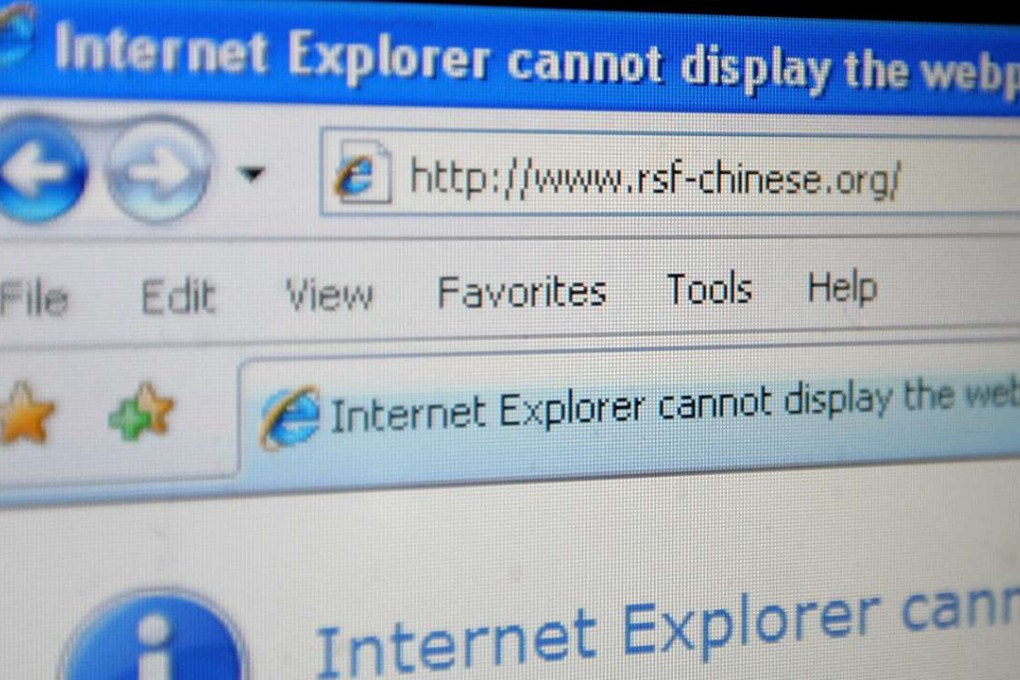China Briefing | China’s opening up requires open minds – not a blocked internet
A call to ease Beijing’s restrictions on academic websites and search engines has been made in a surprisingly public fashion – it would be a shame if it falls on deaf ears

Despite its name and origin, the China Association for Promoting Democracy (CAPD), like the country’s seven other officially sanctioned political parties, has long pledged its allegiance and loyalty to the ruling Communist Party. It is rarely visible except on important occasions when its leaders and those of the other parties are trotted out to burnish the Communist Party’s policies and decisions in their advisory capacities.
So some mainland journalists were in for a surprise on March 1 when they were invited to hear the proposals the CAPD had prepared to submit to the annual session of the Chinese People’s Political Consultative Conference (CPPCC) which began two days later.
Luo Fuhe, a vice-chairman of the CPPCC and executive vice-chairman of the CAPD, told journalists that his party’s first proposal was to urge the authorities to ease internet restrictions to enable faster access to overseas academic websites and search engines.

By Chinese official protocols, this is heavy stuff. After all, Luo, as a vice-chairman of the CPPCC, enjoys a ranking as a state leader even though he has no real power. Still, this has made him the first senior official in recent years to speak up on a very sensitive policy which the government has strongly defended, at a politically sensitive time.
China’s ‘Two Sessions’: economy on agenda, Trump on hidden agenda
Mainland China’s sophisticated internet censorship regime, better known overseas as the Great Firewall, has blocked numerous overseas websites including the South China Morning Post and search engines and social media platforms including Google, Twitter and YouTube.
